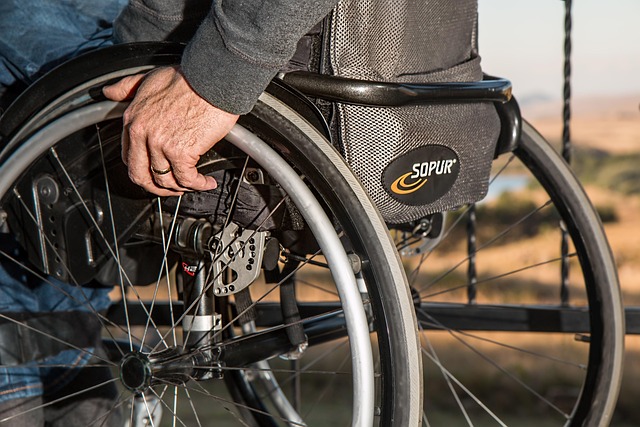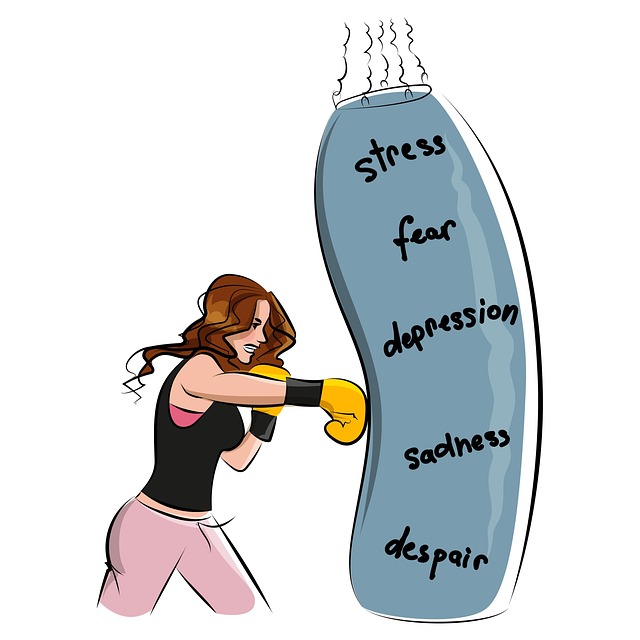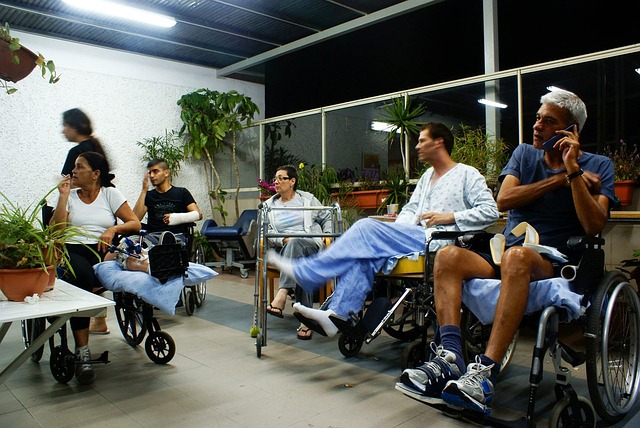Insomnia and fatigue in early sobriety are linked to unprocessed trauma, creating a cycle hindering recovery. Counseling services for trauma and addiction offer transformative solutions through therapy, support groups, stress management, and coping mechanisms. Combining these with nutrition planning enhances overall well-being, while online groups provide community accountability. Breaking free from sleep issues is crucial for improved well-being in early sobriety. Coaching disrupts unhealthy sleep cycles by identifying and addressing triggers, integrating yoga, meditation, and nutrition plans. Crisis intervention training equips clients with tools to manage anxiety or cravings during the night. Integrating healthy sleep habits is vital for holistic well-being and enhanced recovery, utilizing personalized mindfulness plans like CBT-I and relaxation techniques backed by evidence-based practices.
“Unhealthy sleep patterns often accompany addiction, with insomnia and fatigue prevalent in early sobriety. This intersection between sleep, trauma, and addiction is a critical area of focus for those seeking long-term recovery.
Healthy sleep habits coaching offers a transformative approach, providing essential tools to break insomnia cycles and combat fatigue. By integrating evidence-based strategies, this coaching supports individuals in navigating their recovery journey with improved well-being and enhanced resilience against relapse, utilizing specialized counseling services for trauma and addiction.”
- Understanding the Link Between Sleep, Trauma, and Addiction
- How Coaching Can Help Break Insomnia and Fatigue Cycles in Early Sobriety
- Integrating Healthy Sleep Habits for Enhanced Recovery and Well-being
Understanding the Link Between Sleep, Trauma, and Addiction

Insomnia and fatigue are often intertwined with trauma and addiction, creating a complex cycle that can hinder one’s path to recovery. Unaddressed sleep issues can be a lingering effect of traumatic experiences, as the brain struggles to regulate rest and wake cycles. This connection is particularly relevant in early sobriety, where individuals are navigating both physical withdrawal and emotional healing.
Seeking counseling services for trauma and addiction, including therapy and support groups, can be transformative. Such services not only help process past traumas but also teach valuable coping mechanisms for managing stress and anxiety, which are common triggers for relapse and sleep disturbances. Combining these therapeutic approaches with nutrition planning services for optimal health recovery can further enhance overall well-being. Online recovery support groups also offer a sense of community, fostering connections that promote accountability and sustained recovery.
How Coaching Can Help Break Insomnia and Fatigue Cycles in Early Sobriety

In early sobriety, breaking free from insomnia and fatigue is a significant step towards overall well-being. Coaching plays a pivotal role in this journey by offering tailored strategies to disrupt unhealthy sleep cycles. Through counseling sessions, individuals gain insights into identifying and addressing underlying triggers contributing to their insomnia, often linked to past traumatic experiences or co-occurring disorders that require professional treatment options.
Coaching services go beyond addressing symptoms by incorporating holistic wellness programs integrating yoga, meditation, and nutrition plans. These practices promote relaxation, reduce stress, and create a calming bedtime routine—essential components for developing healthy sleep habits. Moreover, coaches may incorporate crisis intervention training to equip clients with tools to manage sudden anxiety or cravings during the night, ensuring a more peaceful slumber.
Integrating Healthy Sleep Habits for Enhanced Recovery and Well-being

Integrating healthy sleep habits is a powerful tool for those navigating early sobriety. It goes beyond simply addressing insomnia; it’s about fostering holistic well-being and enhancing recovery. Many individuals in recovery from trauma or addiction struggle with sleep, often due to underlying mental health issues or as a result of unhealthy coping mechanisms used during active addiction.
Counseling services for trauma and addiction can provide personalized mindfulness plans tailored to individual needs. These plans may include evidence-based practices such as cognitive behavioral therapy for insomnia (CBT-I), relaxation techniques, and sleep hygiene education. By addressing co-occurring disorder treatment options, including sleep disorders, individuals can experience improved energy levels, better mood regulation, and enhanced sobriety support throughout their recovery journey.
Healthy sleep habits are a vital component of recovery, especially during early sobriety. By addressing insomnia and fatigue through specialized coaching, individuals can break free from destructive cycles and embrace a brighter path. Integrating these practices not only enhances overall well-being but also serves as a powerful tool in the journey towards healing, making it an essential aspect of comprehensive counseling services for trauma and addiction.






